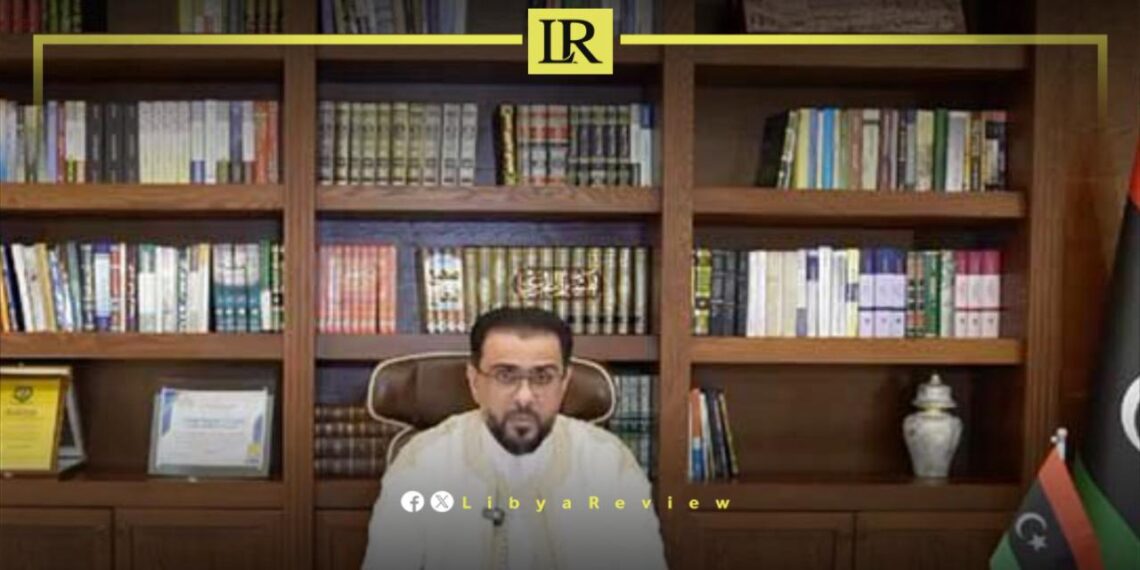On Tuesday, Libya’s Prime Minister of the Parliament-designate government, Osama Hammad declared that his government is fully committed to addressing the nation’s liquidity crisis and the shortages of fuel and cooking gas, leveraging all available resources.
Hammad urged the Libyan people to embrace unity, setting aside any existing divisions.
In a heartfelt message to the nation on the occasion of Eid al-Fitr, the Libyan Premier conveyed his wishes for a blessed celebration to Libyans and the broader Arab and Islamic communities, highlighting the occasion as a moment for reconciliation and collective goodwill.
He also praised the Libyan people for their resilience and adherence to Islamic traditions and customs, which have historically guided them through challenging times.
Hammad fondly recalled the unity and mutual support demonstrated by Libyans in the aftermath of the devastating “Daniel” storm in Derna in September 2023 and during the environmental crisis in Zliten. He emphasized the importance of continued solidarity to ensure national security and prosperity across Libya.
Reminding citizens of the hurdles Libya has surmounted in recent years, Hammad pointed to the nation’s unwavering determination and progress toward stability, reconstruction, and security. He underscored the critical role of collective effort in overcoming past adversities and moving forward.
Expressing gratitude towards Field Marshal Khalifa Haftar, the commander of the Libyan National Army (LNA) for his defense efforts and to Ageela Saleh, Speaker of the House of Representatives, Hammad acknowledged their significant contributions to Libya’s journey towards stability and reconstruction. He also thanked various development and reconstruction funds for their dedication to rebuilding efforts and stabilizing the nation.
Libya has been in chaos since a NATO-backed uprising toppled longtime leader Muammar Gaddafi in 2011. The county has for years been split between rival administrations.
Libya’s economy, heavily reliant on oil, has suffered due to the ongoing conflict. The instability has led to fluctuations in oil production and prices, impacting the global oil market and Libya’s economy.
The conflict has led to a significant humanitarian crisis in Libya, with thousands of people killed, and many more displaced. Migrants and refugees using Libya as a transit point to Europe have also faced dire conditions.
The planned elections for December 2021 were delayed due to disagreements over election laws and the eligibility of certain candidates. This delay has raised concerns about the feasibility of a peaceful political transition.


